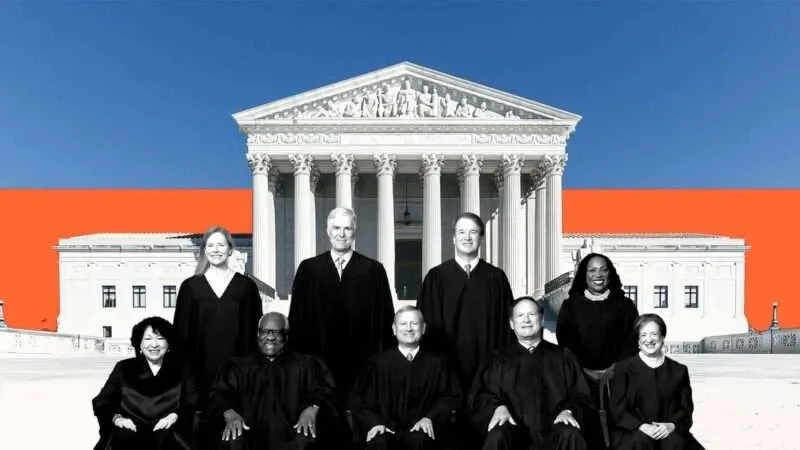Senators Debate Impact Ahead of Supreme Court Hearing on Nationwide Injunctions
Sen. John Kennedy urges action on nationwide injunctions as he and JCRA supporters speak with Fox News Digital ahead of key Supreme Court case.

The Supreme Court on Thursday took up a case that could redefine the power of federal district courts to issue nationwide, or "universal," injunctions—rulings that block government policies across all 50 states, not just for the parties directly involved in a lawsuit. The practice, which has sparked intense debate among lawmakers and legal experts, is now under unprecedented scrutiny as justices consider whether such sweeping legal orders align with constitutional boundaries.
Senator John Kennedy (R-La.), a member of the Senate Judiciary Committee, sharply criticized the use of nationwide injunctions. He argued that the judiciary's role is to interpret the law—not to create new legal standards based on personal disagreement with Congress or the executive branch. “They can't just overturn it because they don't agree with it, and that's what a lot of these federal judges are doing,” Kennedy stated.
In a recent opinion piece, Kennedy traced the origins of universal injunctions back to the 1960s, noting that until the turn of the millennium, such rulings were rare. “There have only been 27 such injunctions from JFK through Y2K,” he wrote, emphasizing that none were issued against Presidents George H.W. Bush or Bill Clinton. The use of these injunctions, however, increased during the George W. Bush and Barack Obama administrations.
Nearly 100 nationwide injunctions were issued against policies of former President Donald Trump in just over four years, according to Kennedy, who accused some federal judges of attempting to reshape the Constitution “every other Thursday.”
Kennedy also highlighted that there is no statutory basis for universal injunctions, saying, “A universal injunction was created out of whole cloth.”
As the Supreme Court weighs its decision, Kennedy pledged close scrutiny of future judicial nominees. He vowed tough questions regarding their views on nationwide injunctions: “If they try to dodge and bob and weave and run like a hound on the treeline... I'm not going to let them.” He stated his intention is not to ask how nominees would rule on specific cases, but rather to probe their interpretation of the legal authority behind such injunctions.
Senator Tommy Tuberville (R-Ala.) also took a firm stance against the practice, aligning with Iowa Senator Charles Grassley’s Judicial Relief Clarification Act (JCRA), which aims to end nationwide injunctions.
Tuberville argued that some judges are allowing personal ideology to override the will of voters and the Constitution. “If a judge wants to make political decisions, they should run for office. Otherwise, they should focus on upholding the Constitution and enforcing the law,” Tuberville asserted.
Similarly, Senator John Cornyn (R-Texas) called nationwide injunctions “a real problem.” He warned that a single federal judge should not have the ability to halt an entire administration’s agenda:
- “[A] single federal judge can essentially stop a popularly elected president dead in his tracks by a temporary restraining order, which doesn't just deal with the parties in front of the judge, but literally the whole nation.”
Cornyn encouraged congressional action if the Supreme Court does not act decisively in the current case, supporting Grassley’s bill as a necessary legislative remedy.
While the immediate case before the Supreme Court focuses on an injunction related to birthright citizenship, many see the underlying issue as much broader. Critics, including Grassley, describe nationwide injunctions as “an unconstitutional abuse of judicial power.” Supporters of reform argue that curtailing the practice would help restore the separation of powers and strengthen respect for both legislative and executive authority.
As the justices deliberate, the outcome could have far-reaching consequences—for the balance of power in Washington and the future of judicial intervention in national policy disputes.
